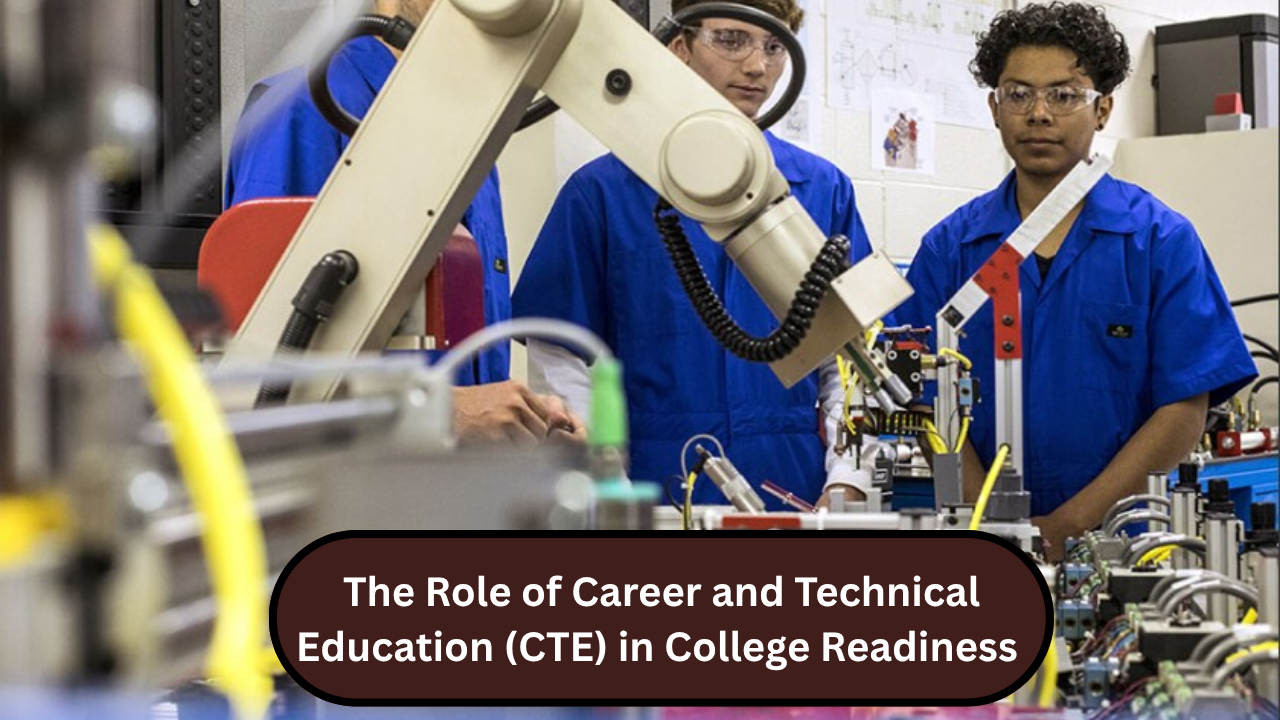In today’s competitive world, students need more than just classroom knowledge to succeed after high school. Career and Technical Education (CTE) is becoming an important part of preparing students for college and the future. CTE programs combine academic lessons with hands-on training, giving students both the skills and confidence they need. Whether a student plans to go to college or directly into a career, CTE helps them understand their goals, develop practical abilities, and stay motivated in school. Let’s look at how CTE plays a key role in building college readiness for high school students.
CTE bridges academic learning with real-world skills
CTE programs are designed to connect classroom knowledge with career-based applications. For example, a student studying healthcare in a CTE program may learn biology in the classroom and practice basic medical skills in a lab. This blend of theory and practice helps students better understand academic subjects and apply them in real situations.
When students can see the purpose of their learning, they often become more engaged and perform better in both academic and technical subjects. This boosts their chances of succeeding in college, especially in career-focused fields such as engineering, IT, agriculture, and health sciences.
CTE builds confidence and prepares students for college success
One major benefit of CTE is that it helps students gain confidence in their abilities before they enter college. Many CTE students take part in internships, certifications, or student organizations like SkillsUSA or DECA, which develop leadership and teamwork. These experiences teach responsibility, time management, and communication—skills that are crucial in college.
Also, many CTE programs allow students to earn college credits or industry-recognized certifications while still in high school. This early exposure to college-level work makes the transition smoother and prepares students for what to expect in higher education.
Career and Technical Education is no longer just about preparing students for jobs—it’s a powerful tool for building college readiness. By combining academic knowledge with practical training, CTE helps students develop the skills, mindset, and confidence needed to succeed after high school. Whether a student dreams of a four-year university, community college, or technical institute, CTE offers a strong foundation to help them achieve their goals. As schools and educators continue to support CTE, more students will be better prepared for both college and careers in the real world.
FAQ’s:
Q1. What is Career and Technical Education (CTE)?
A1. CTE is a type of education that combines academic learning with hands-on training in various career fields such as healthcare, engineering, business, and more.
Q2. Can CTE help students get into college?
A2. Yes, CTE improves college readiness by helping students build important academic, technical, and soft skills. It also gives them a clearer sense of career goals.
Q3. Do CTE students earn college credit in high school?
A3. Many CTE programs allow students to earn dual credit or take certification exams, giving them a head start on college-level work.
Q4. Is CTE only for students who don’t want to go to college?
A4. Not at all. CTE supports all students—whether they plan to attend college, start working right after high school, or do both.
Q5. What types of careers can students explore through CTE?
A5. CTE covers a wide range of fields, including healthcare, agriculture, information technology, automotive repair, culinary arts, and business management.
